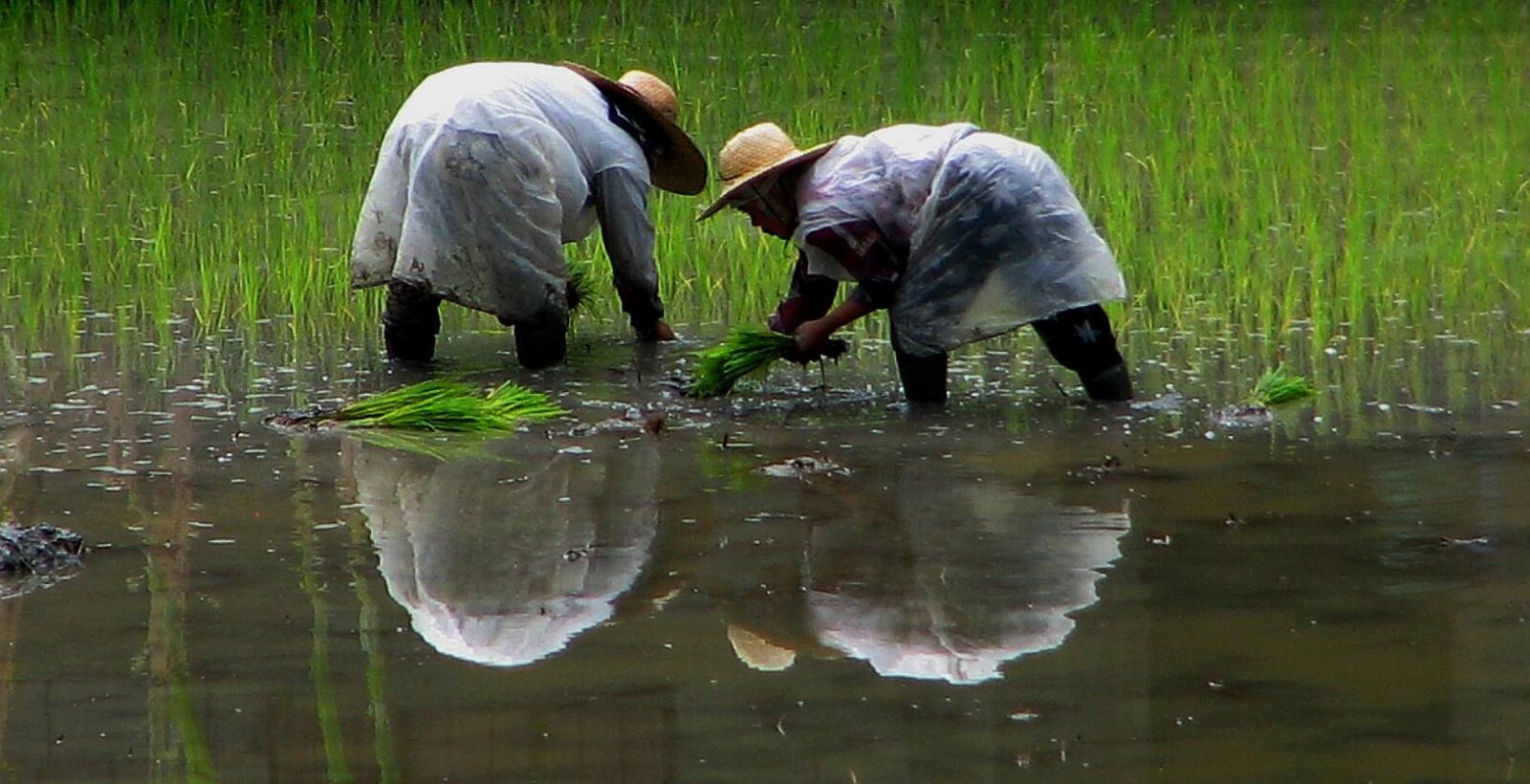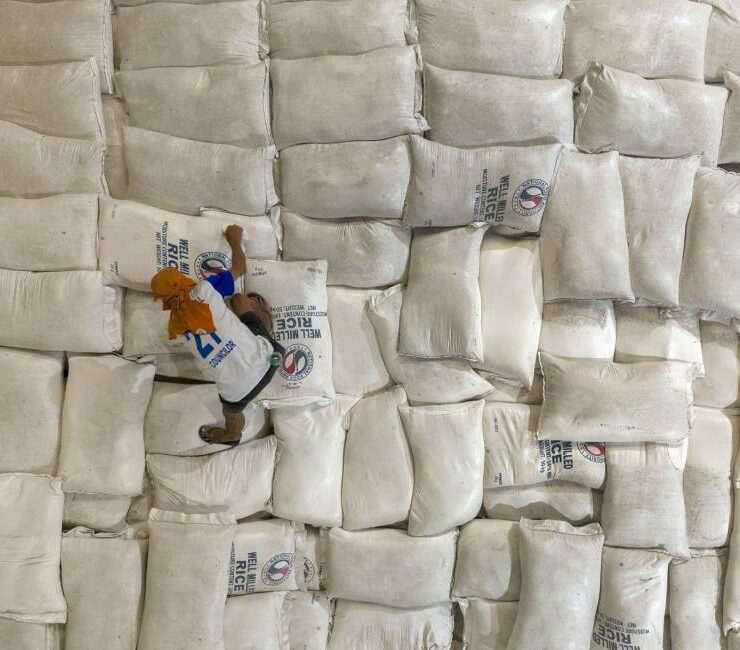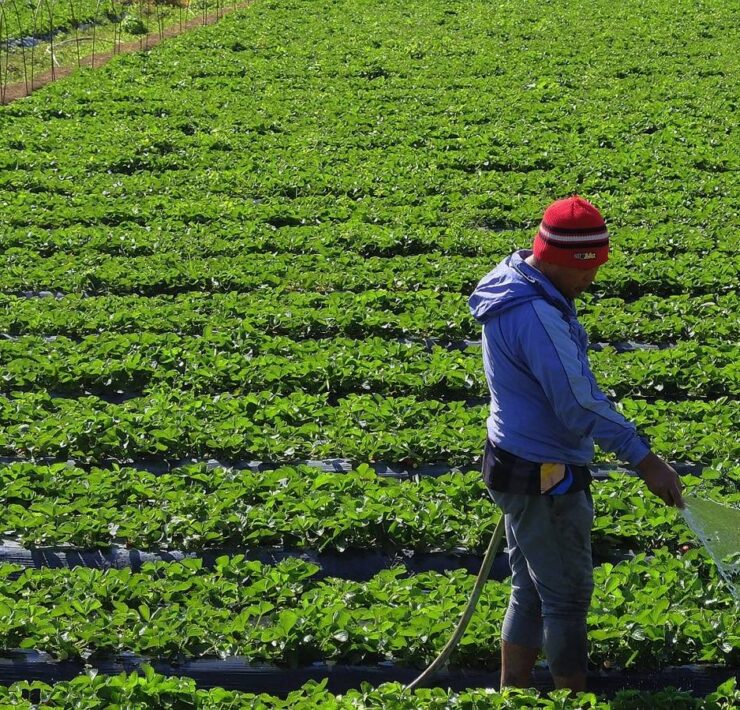Collaboration formed to curb methane emission in rice farming

The Philippine Rice Research Institute (PhilRice) is collaborating with Japanese firm Sagri Co. Ltd. and the National Irrigation Administration-Upper Pampanga River Integrated Irrigation System (NIA-UPRIIS) Division 1 to reduce methane emissions in cultivating rice.
“Methane is a greenhouse gas that intensifies the greenhouse effect, trapping heat and raising Earth’s temperatures,” PhilRice said in a statement.
In farming, methane can slash crop output and affect the overall soil health if not managed.
This project, which will be piloted in Brgy. Burgos in Sto. Domingo, Nueva Ecija, will compare alternate wetting and drying (AWD) irrigation method with conventional continuous flooding during the dry season.
AWD lowers irrigation water consumption in rice fields without decreasing the yield.
Under the collaboration, the NIA-UPRIIS Division 1 will identify project areas, ensure proper irrigation scheduling and offer technical support to farmers.
PhilRice will provide the technical expertise while Sagri will oversee data analysis, predictive modeling and remote sensing along with PhilRice.
It involves using Japan’s satellite-based big data, artificial intelligence and machine learning technology to monitor methane reduction.
Joint credit mechanism
Citing studies, PhilRice explained that AWD could help decrease methane emissions as this technique intermittently dries rice paddies instead of keeping them constantly flooded.
Project lead Kristine Pascual said on-the-ground and remote sensing approaches would be utilized to validate the effectiveness of AWD in reducing methane emissions.
“By integrating Sagri’s satellite-based water level detection and carbon credit monitoring system, the research project aims to come up with a robust methodology that can be integrated into the Joint Credit Mechanism methodology, a program that promotes low-carbon technologies in partner countries including the Philippines,” she said.





















